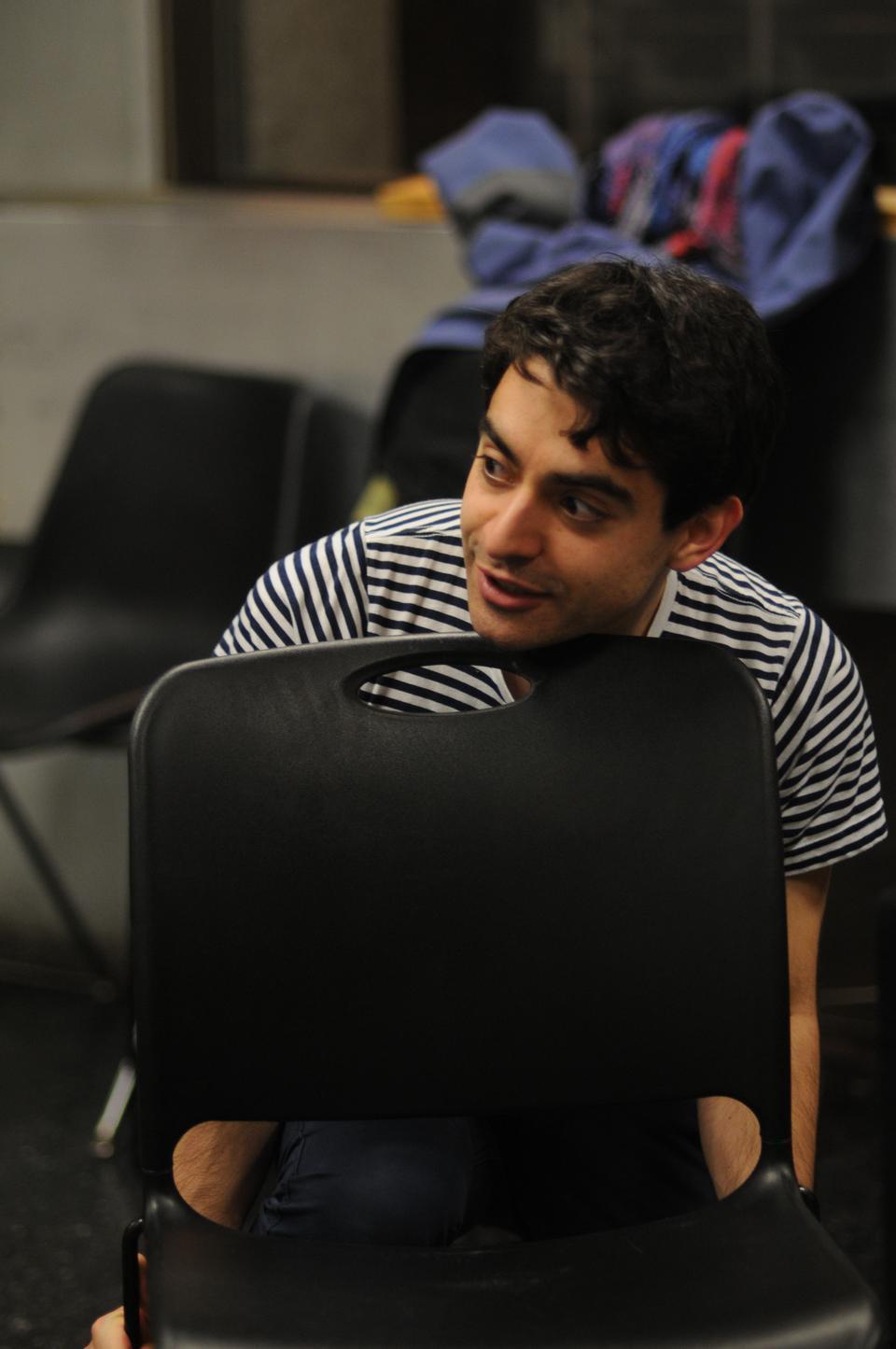
News
Garber Privately Tells Faculty That Harvard Must Rethink Messaging After GOP Victory

News
Cambridge Assistant City Manager to Lead Harvard’s Campus Planning

News
Despite Defunding Threats, Harvard President Praises Former Student Tapped by Trump to Lead NIH

News
Person Found Dead in Allston Apartment After Hours-Long Barricade

News
‘I Am Really Sorry’: Khurana Apologizes for International Student Winter Housing Denials
Leah

March 25-27
Loeb Experimental Theater
Directed by Jan Luksic ’11
Produced by Jan Luksic ’11 and Sonia C. Coman ’11
For those who strive for excellence, especially at an institution as competitive as Harvard, the fear of mediocrity looms. This fear is at the center of the student-written play “Leah.” Grappling with questions of personal destiny, excellence, and regret, the production chronicles the misadventures of an ill-fated young woman trying desperately to be exceptional.
“But that’s just the starting point,” director Jan Luksic ’11 says. “The show itself is about the regrets of Leah. She’s just really deprived of something that she thinks she can get.”
Written by Sonia C. Coman ’11, the play is an absurdist drama that follows the life of Leah, the Old Testament character and first wife of Jacob, who lives life haunted by the possibility of being just average. Over the course of the show she struggles with her destiny by reliving important moments in her life. As she reflects on her past, Leah meets old versions of herself and watches them make the decisions that have brought her to where she is.
Originally inspired by the one-dimensional portrayal of the biblical lead, the play was first drafted while Coman was in high school in Romania.
“I was reading this passage about Leah [in the Bible]... and all of the sudden from outside I heard the sound of a circus van announcing the circus very loudly, and there was something in that juxtaposition that made me rethink what I was reading,” she says.
When asked about the moles that seem omnipresent in the show’s promotional material, Coman laughs and gestures to the giant papier-mâché mole she is in the middle of creating.
“The moles are a metaphor for mediocrity,” she says. “The idea was that moles have this underground life... although they don’t have a prescriptive path, they always know their way around, and this is a metaphor for people who choose the easy trajectory in life. Leah does not want to follow that path. She wants to do what she can do best, and that’s not easy.”
Want to keep up with breaking news? Subscribe to our email newsletter.
